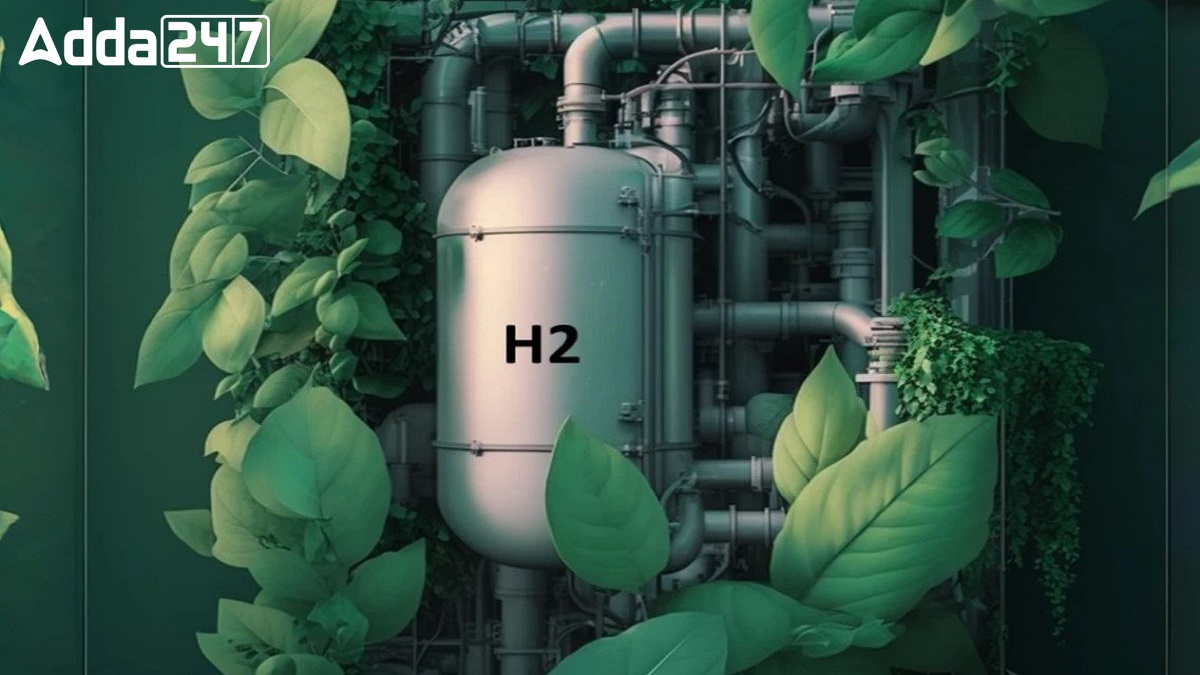NTPC has teamed up with the Indian Army to establish a solar hydrogen-based microgrid at Chushul, Ladakh, aimed at ensuring a stable power supply for off-grid Army locations using green hydrogen. Defence Minister Rajnath Singh laid the foundation stone for this innovative project through video conferencing. This initiative is significant in replacing existing diesel generators with a sustainable energy solution capable of providing 200 kW of power year-round, despite the region’s harsh winter conditions where temperatures can drop to -30°C at an altitude of 4,400 meters.
Project Overview
The solar hydrogen microgrid will operate independently, utilizing hydrogen as an energy storage medium. This system is designed to be scalable and applicable for various uses, significantly reducing carbon emissions and promoting a cleaner energy ecosystem. NTPC will oversee the maintenance of this project for 25 years, contributing to the self-sufficiency of soldiers stationed in strategically important but challenging terrains.
Benefits of the Microgrid
Sustainable Power Supply: The microgrid will ensure consistent energy availability, replacing diesel generators and eliminating dependence on fuel logistics.
Environmental Impact: By integrating renewable energy sources, the project aims to decarbonize the defence sector in the region, fostering a cleaner environment.
Enhanced Self-Sufficiency: The use of green energy will improve self-sufficiency in remote areas affected by disrupted road connectivity.
Future Endeavors
NTPC is also trialing a hydrogen bus in Leh and plans to establish a hydrogen fuelling station and solar plant, along with five fuel cell buses for intracity routes. The company aims to achieve 60 GW of renewable energy capacity by 2032, reinforcing its commitment to green hydrogen technology and energy storage initiatives.




 Jharkhand Budget 2026-27: ₹1.58 Lakh Cro...
Jharkhand Budget 2026-27: ₹1.58 Lakh Cro...
 Can Rural Women Save Tigers? Palamu’s Va...
Can Rural Women Save Tigers? Palamu’s Va...
 Big Boost for Ex-Agniveers: 20% Delhi Po...
Big Boost for Ex-Agniveers: 20% Delhi Po...








